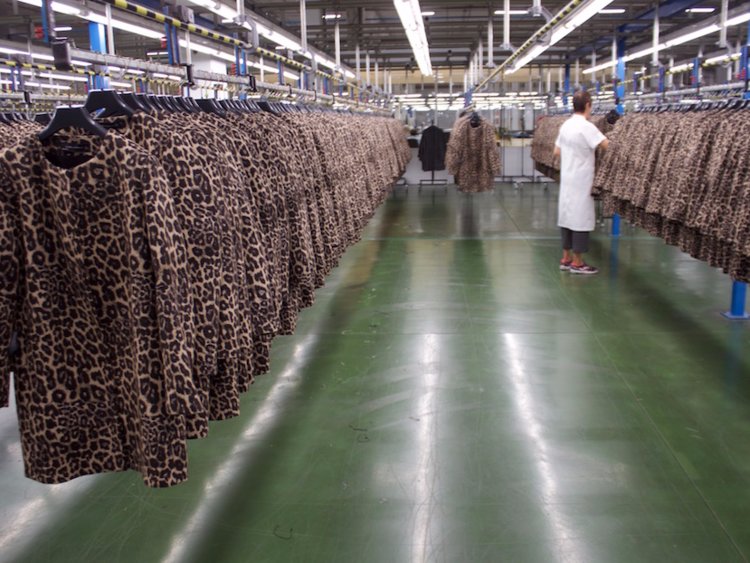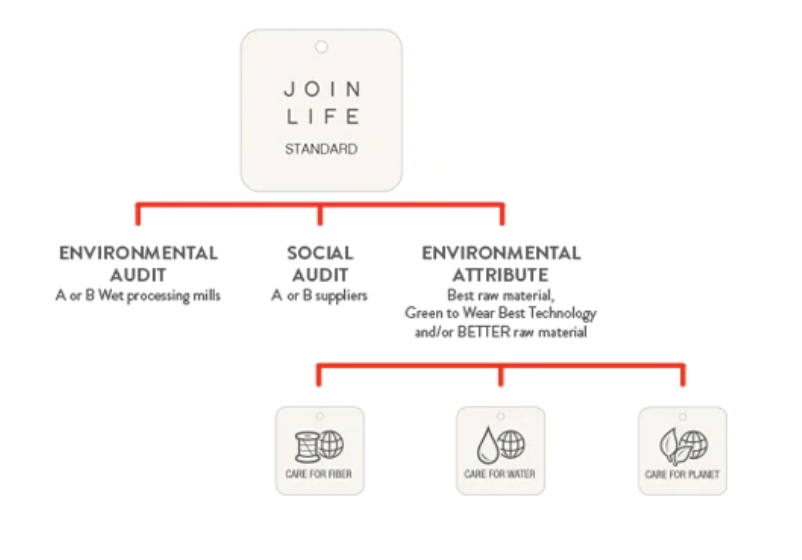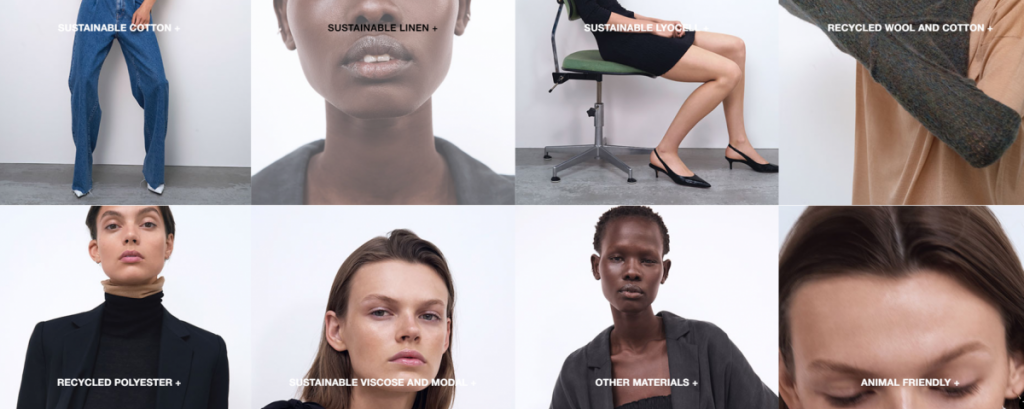Technologia
On average, Zara Produces 12,000 styles per year (Harbott, 2011), therefore, the use of technology to expedite production and delivery is a major part of the company.
Zara has included a Radio Frequency Identification technology (RFID) (Inditex, 2019) which allows the instant tracking of garments within the stores to ensure faster and easier delivery to customers.
In order to keep up with and attract millennials customers Zara has included reality experiences in stores. Now consumers can use their mobile phones to see models wearing the garments displayed in stores and order said garments. These implementations served as a way to attract millennials and further engage the customers with their retail experiences.










